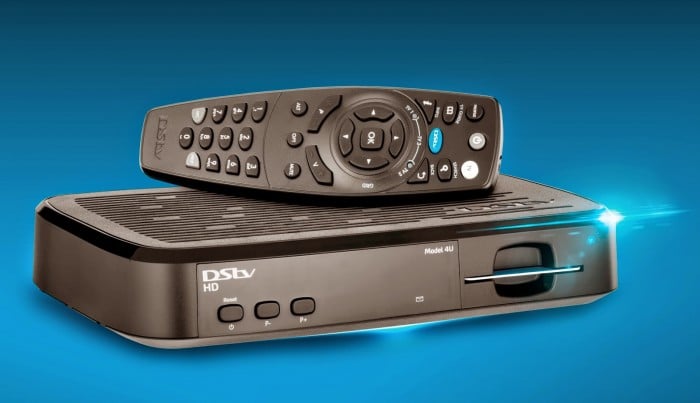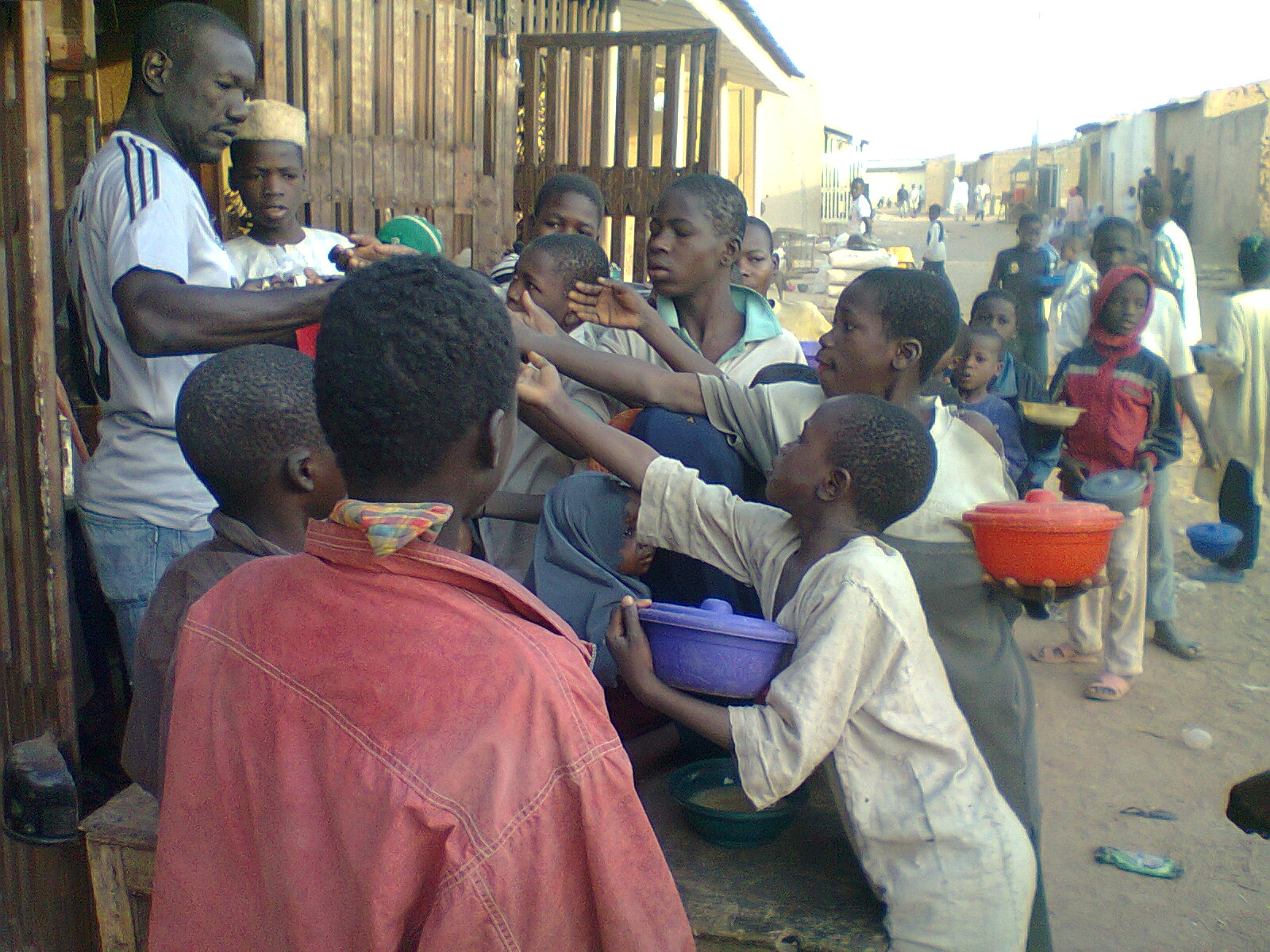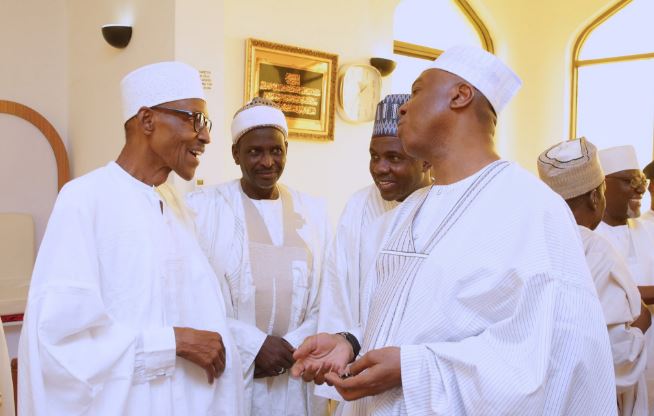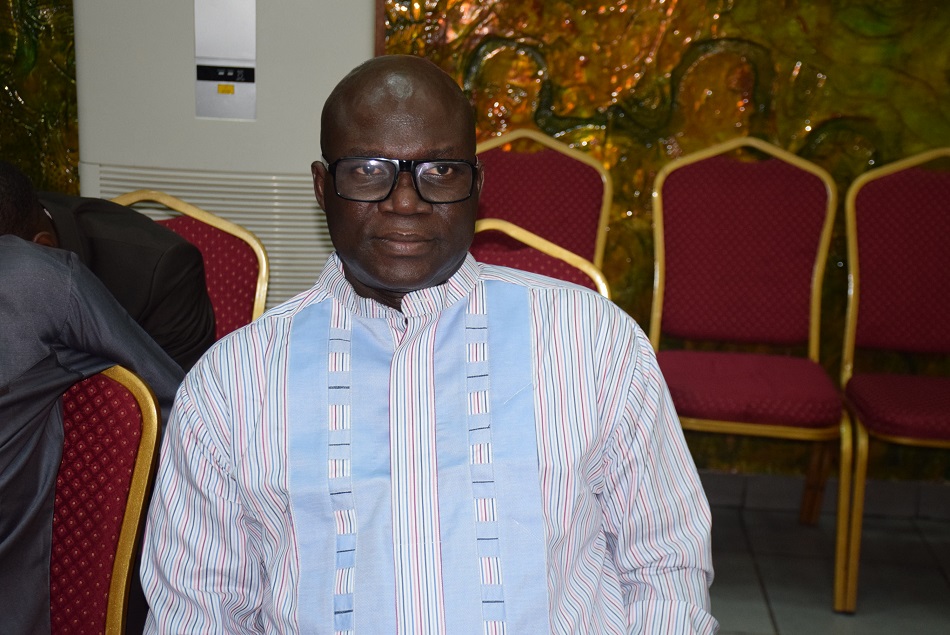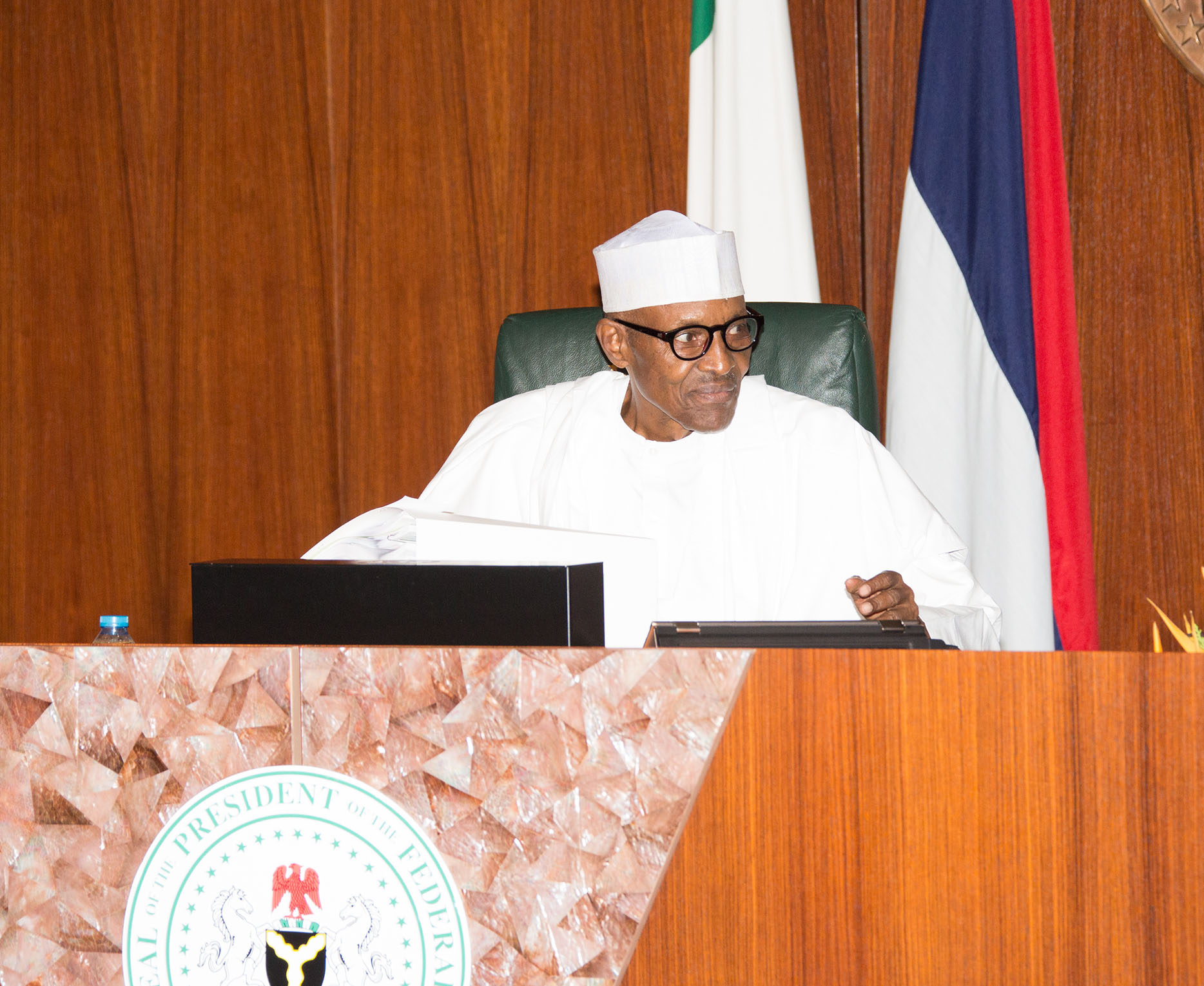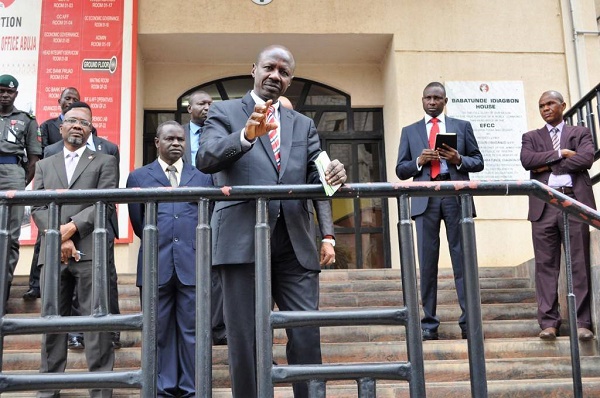BY FAREED SALAKO
For the second time in as many years, pay-television company, MultiChoice Nigeria, is in the firing range. Taking aim at the company are the subscribers on its DStv and GOtv platforms, who are angry at the announcement of new subscription rates. The company, as noted earlier, has been in this situation before and in all probability, will be there again.
The belief among subscribers, I suspect, is that the company derives sadistic glee from hiking subscription rates. But I do think only a business run by fools will impose prices the market cannot bear just for fun.
I am inclined to believe MultiChoice is not one, otherwise it would not have remained a going concern. It is why I have found the ongoing anger its decision to adjust prices way over the top. There is justification for displeasure when prices of items we use go up. We all love to spend as little as possible, don’t we? Is that always possible? No.
For a variety of reasons, some of which I will later examine. For reasons I consider logically obscure, MultiChoice provokes a grotesquely disproportionate decibel of protest whenever it increases prices. I guess it is because many consider it a quasi-charity, ignoring the fact that the content broadcast on its two platforms are acquired at huge costs. Also ignored is the fact that in four years, it has increased prices only twice. Within that period, prices of commodities have risen between 30 and one hundred per cent, while the value of the naira to the dollar has plummeted unbelievably. In 2015, when it last increased prices, the naira exchange at N167 to the dollar, sparking a rise in prices that nudged at 30 per cent. But there was no broad-spectrum coalition of customers laying into sellers of other goods over price increases-unlike it was with MultiChoice.
It is the same the same this year. How is the company supposed to remain a going concern with the currently grim value of the naira? How will content creators maintain their output if the biggest buyer of their output can no longer afford to pay? The content, local and international, that is broadcast of DStv and GOtv are paid for in dollars. This implies that MultiChoice, like car dealers and everyone else, has to look for naira in considerably greater amounts than it used to if it wants to remain in business.
Advertisement
The cost of acquiring television content is huge, keeps rising and brutally competitive. Its competitive nature is what drives up the cost of content.
As much as we would have loved to keep our subscription at the same level, the prevailing economic situation makes that impossible. Clearly, the prevailing economic situation, locally and globally, makes it impossible to keep subscription rates the same.
Salako, surveyor and public affairs analyst, writes from Kaduna
Advertisement
Views expressed by contributors are strictly personal and not of TheCable.
Add a comment
